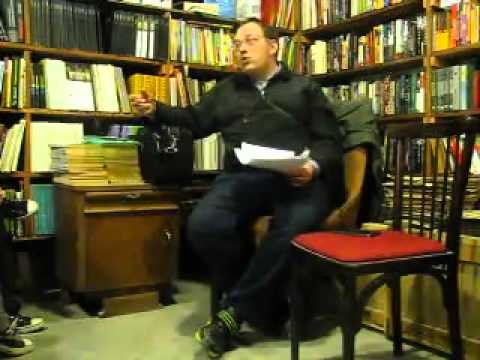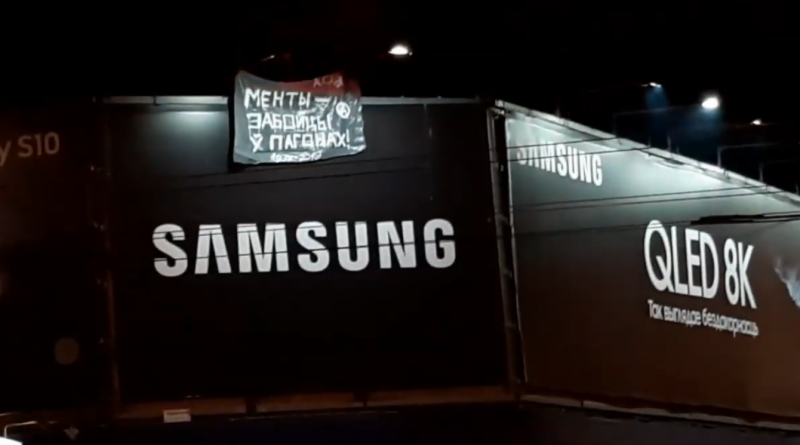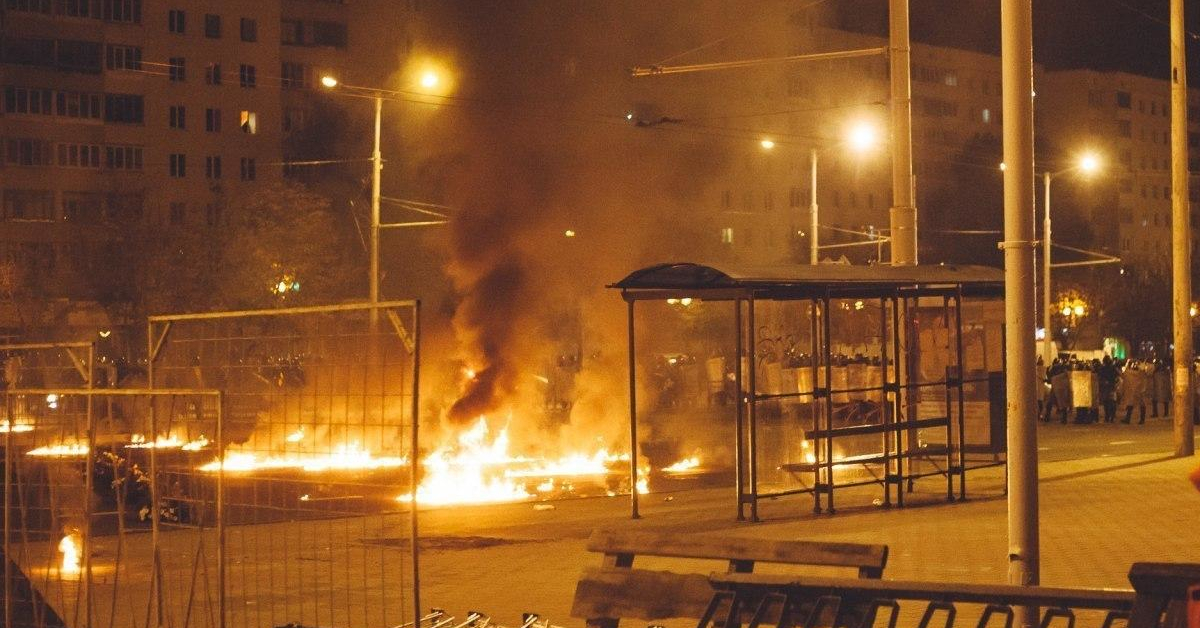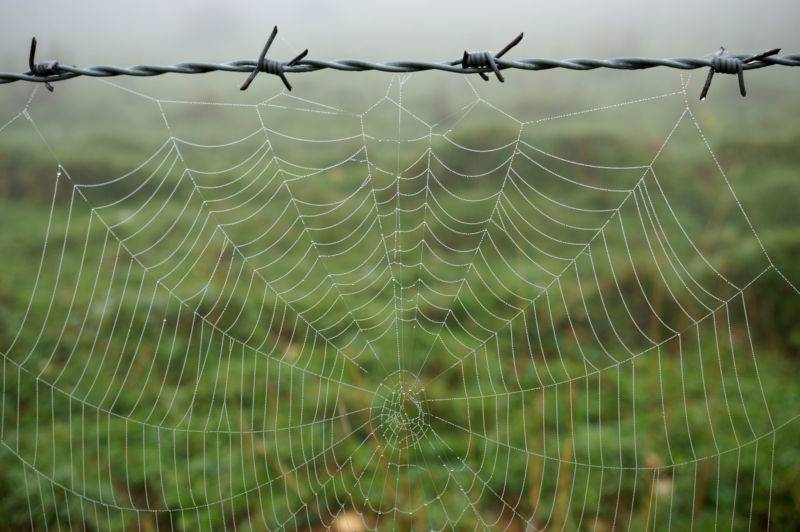Seven years ago, the people of Cherán — a town of some 20,000 inhabitants in the highlands of Michoacán, one of the Mexican states worst-affected by the drug wars of the last decade — decided it was time to start over. And now, after they’ve kicked out all the criminals, cops, and politicians, things couldn’t be going better.
The town had been terrorized for years by an organized crime syndicate devoted to illegally logging the surrounding forests. So after mobs drove out the criminals, they disarmed and drove out the corrupt cops who had protected them. Then they banned the politicians, along with the parties that put them in power.
In their place, the people of Cherán developed an autonomous system of self-rule based on horizontal, direct-democratic assemblies.
Now armed men and women — not police, but members of an autonomous militia — guard every entrance to the town, looking for strangers with contraband. And at the height of election season in Mexico, contraband means mostly political campaign ads: Guards confiscated thousands of banners and posters, from every major political party in Mexico, in just a few weeks. These ads, along with the political parties that produce them, are completely banned in Cherán, and have been since 2011, when residents overthrew their local government and started over.
While it remains economically dependent on the existing government, Cherán has achieved something unthinkable in Michoacán: a dramatic drop in murder rates, with rates for other serious crimes hovering at nearly zero.
For many in Mexico, especially in an election year marred by wanton political murders, Cherán stands as proof that, in the country’s entrenched cycle of violence, the key ingredient is the state. Remove that ingredient, and it’s possible to start from scratch.




